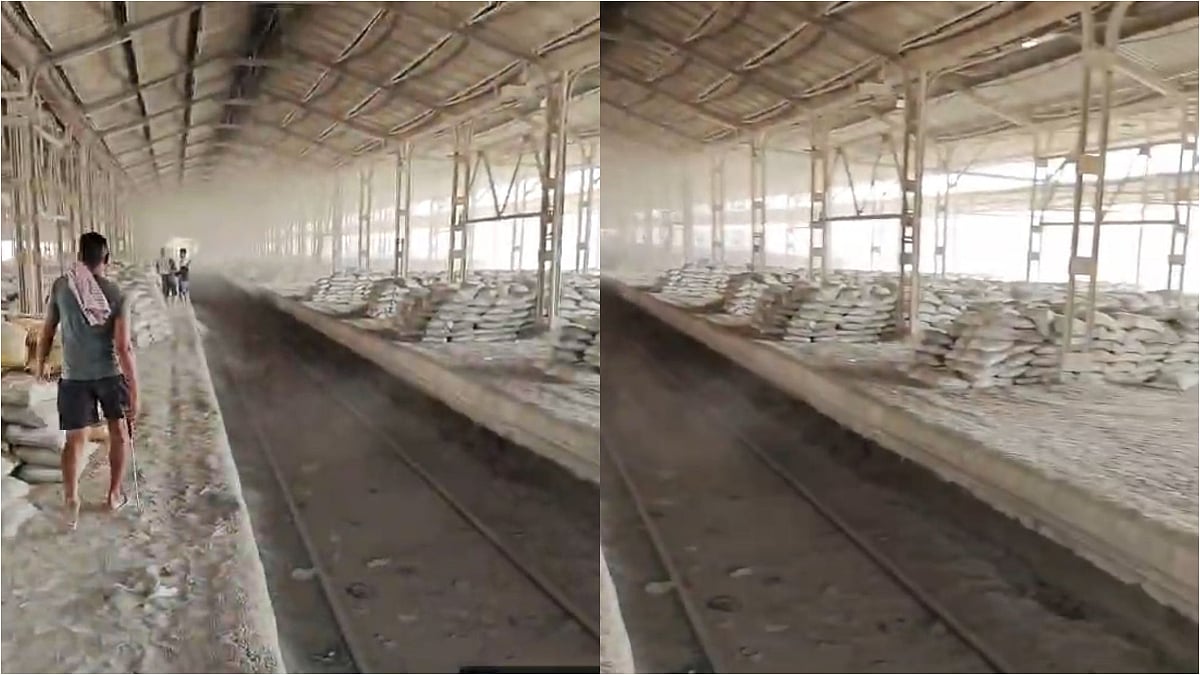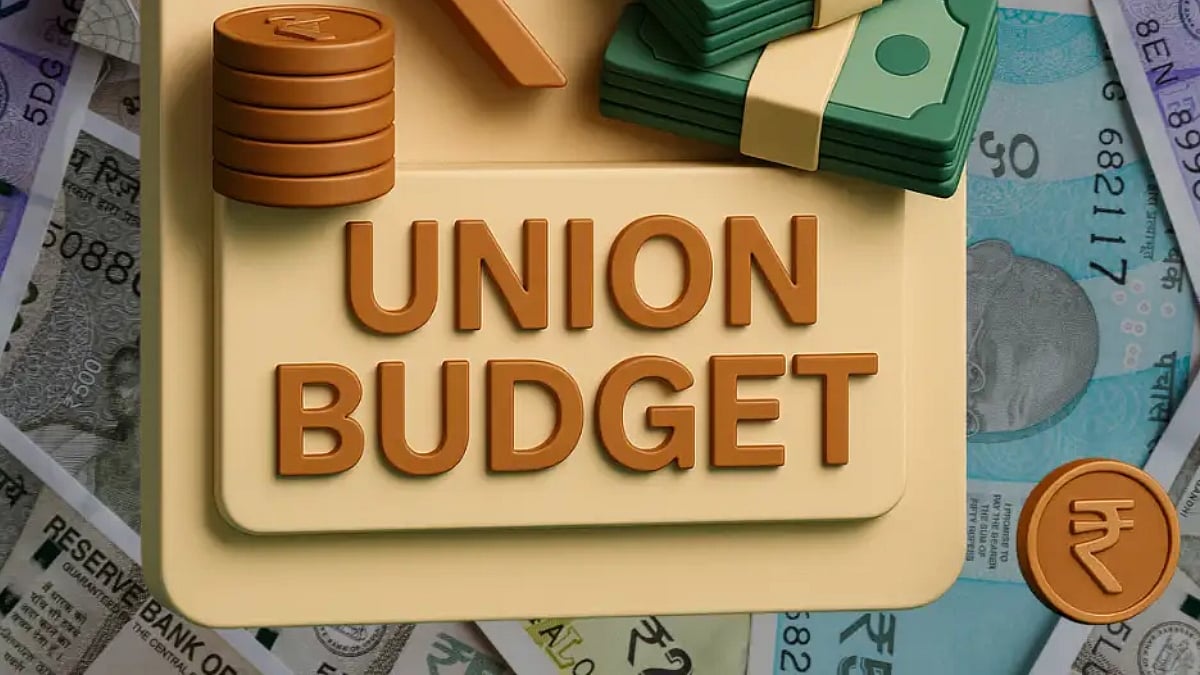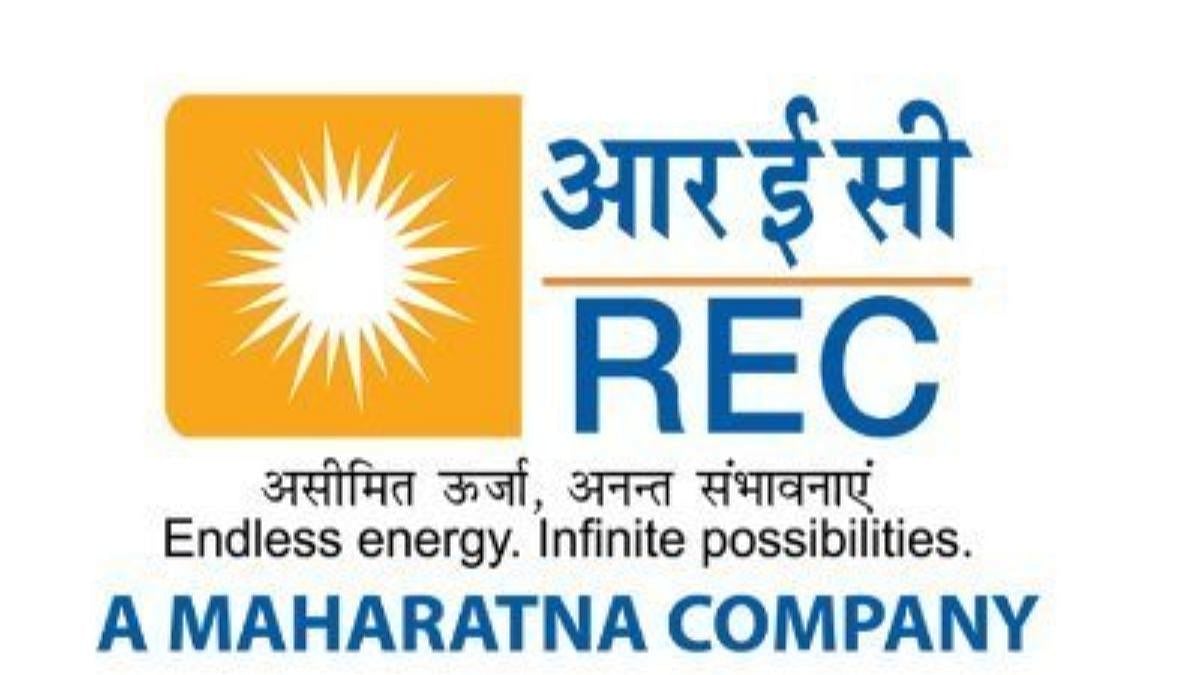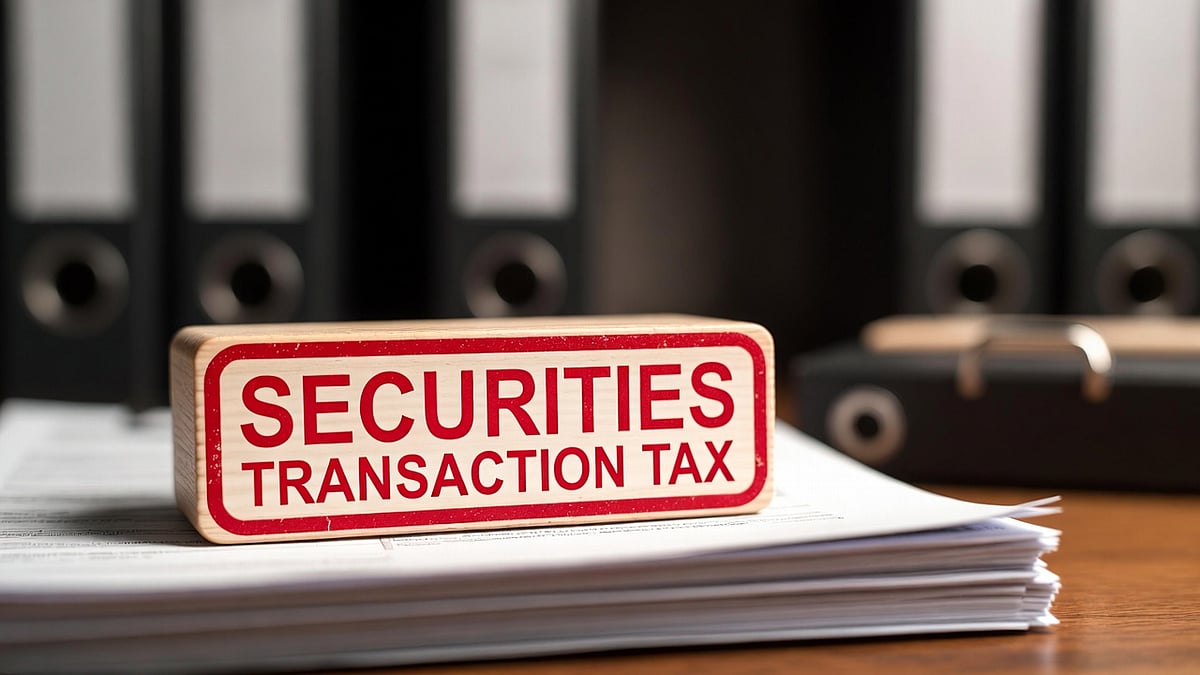There is a little doubt that the impact of the ongoing pandemic is going to be felt upon for years to come. While it has surely changed people’s outlook towards the importance of health, social distancing is altering the way we transect like never before.
Digital payments, which was already growing rapidly in India, is now growing in a completely different orbit altogether. Unified Payment Interface (UPI), cards, and mobile wallet transactions have already made a near V-shaped recovery in June. According to the data released by RBI, UPI has processed 1.23 billion transactions worth Rs 2.41 lakh crore till June 28, the highest ever value recorded by the channel in a month.
It had fallen to Rs.1.5 lakh crore, recording the sharpest month-on-month fall since it became operational in 2016.

According to the industry experts, consumers are mostly resorting to digital payments to clear their utility and shopping bills.

This marks the obvious question of why going cashless is important?

Saves Money and Time
Governments, companies, International organizations, and individuals waste time and resources making and receiving inefficient cash payments. Digital payments can be made quickly and efficiently, which decreases costs and saves time.
Transparency and Security
Transparency and security are harder to achieve with cash. Cash payments are unidentified and difficult to trace. Digital payments increase security and tracking, resulting in less risk of corruption and theft.
Production Cost of Coins and Paper Currency is Reduced
Production of coins and paper currency is expensive and the life span of most of the paper currencies is about 6 years. So, by going electronic the cost of production gets reduced.
Economic Growth
Convenient cashless transactions enable people to make more purchases in a shorter time. Many people end up purchasing items spontaneously, thus contributing to economic growth.
Less Cash Means More Data
The Government can use the data coming from the cashless transactions to improve and analyse their policies. Through this data, officials can predict or identify the patterns of activity. This can be then used for rural and urban planning for sectors like energy management, housing, and transportation.
Teji or Mandi?
While we may not see a completely cashless society in the immediate future, the foundation has been laid. The recent data indicates that we are indeed moving in that direction. Thus our take is #Teji given the rapid growth in technology, it is not difficult to imagine devices whereby even the most minute purchases could be debited from the buyer’s bank account.
Soon you can buy the Teji Mandi Portfolio of stocks to get best in-class performance, adequate diversification and active risk management. Join our waitlist at https://tejimandi.com/waitlist and get early access!









